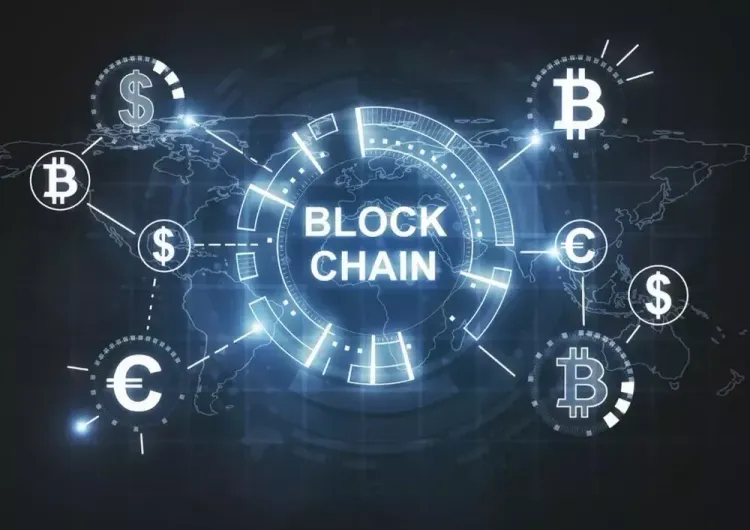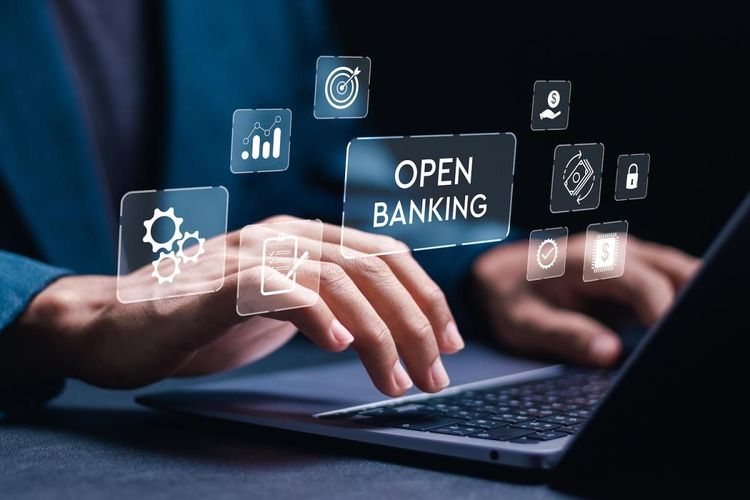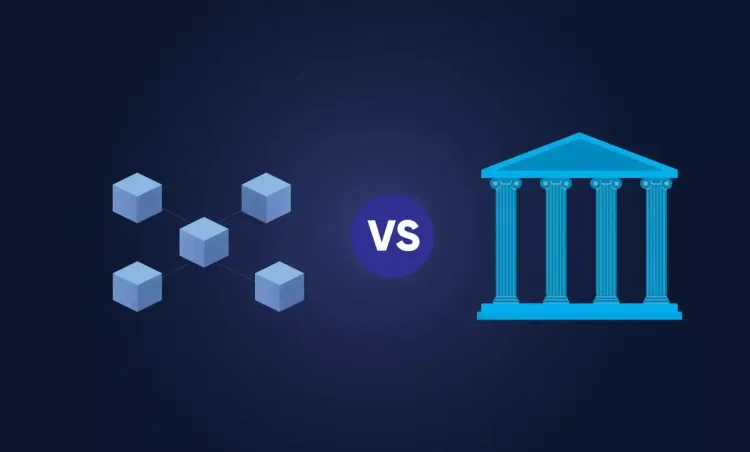Blockchain technology is often associated with cryptocurrencies like Bitcoin and Ethereum, but it has many applications outside of finance. Blockchain is a decentralised, open, and secure ledger system that has the potential to transform many industries. From healthcare and digital identity to supply chain management, blockchain is having a huge impact by addressing inefficiencies, making things clearer, and opening up new ways to solve difficult problems. Understanding these different use cases can help us better understand how blockchain can be used in many different ways and how it can change the future. This article will explore blockchain’s applications outside of finance to demonstrate its power and flexibility.
Revolutionizing Supply Chain Management
Blockchain technology is changing the way supply chains are managed, making them more open, efficient, and easier to track. Stakeholders in traditional supply chains often can’t communicate with or trust each other. Blockchain solves these problems by keeping a secure, immutable record of all events and transactions in the supply chain. This allows products to be tracked with unprecedented accuracy from the point of manufacture to the point of sale. IBM and Walmart are already using blockchain systems to ensure food safety and reduce waste. With blockchain, people can track and verify things in real time, making supply chains more reliable and sustainable.
Changing the Way Healthcare Works
Blockchain solves persistent problems in healthcare, such as securing data, ensuring systems can communicate with each other, and preventing fraud. Only authorised parties can view encrypted patient records stored on the blockchain network, protecting privacy and complying with regulations such as HIPAA. Blockchain also makes it easy for healthcare providers to share data, improving coordination of care and reducing the number of repeated tests or procedures. Blockchain can also be used to verify the authenticity of medicines and medical supplies, which can help combat counterfeit goods that pose a risk to patients. These advancements are changing the way healthcare is delivered and making the system more patient-centric.
Improve Your Online Identity
Blockchain is also making great strides in the area of digital identity management. Many traditional identity systems rely on centralised databases that can be easily hacked or abused. Blockchain is a decentralised system that allows everyone to own and manage their own digital identity. This allows users to share only the information they need with service providers, ensuring their privacy and security. Blockchain-based digital identity solutions are already being used to ensure online voting is secure, access is controlled, and academic qualifications are verified. Blockchain makes it easier to prove your identity, making the digital world safer and more efficient.
Enabling Decentralized Energy Markets
The energy sector is being transformed by the decentralised energy market powered by blockchain. These systems allow people to trade excess energy directly with each other without going through a traditional utility. Blockchain makes energy transactions secure, clear, and fast, allowing people to trade energy with each other. For example, someone who installs solar panels on their home can sell excess energy to their neighbours via a blockchain platform. This reduces energy waste and encourages the use of renewable resources. Blockchain helps make the energy system more sustainable and resilient by encouraging decentralised energy networks.
Revolutionizing Real Estate Transactions
Blockchain can speed up real estate transactions by eliminating middlemen, reducing paperwork, and making everything clearer. Buying or selling a home through traditional methods can be time-consuming and prone to fraud or disagreements. Blockchain makes these tasks easier by enabling smart contracts, which automatically execute agreements when certain conditions are met. This ensures that transactions are secure, auditable, and immutable. Blockchain also enables fractional ownership of real estate, allowing investors to buy and sell real estate. These new concepts make the real estate market more accessible and smoother.
Protecting Intellectual Property
Protecting intellectual property (IP) is a major concern for people who create new things and come up with new ideas. Blockchain technology is a powerful solution because it creates an immutable and time-bound record of ownership and usage rights. This allows the creators of the work to prove that the work is theirs and that they are receiving fair compensation for it. Blockchain-based platforms also offer new opportunities to monetise intellectual property, such as through direct licensing or royalty payments without intermediaries. Blockchain gives creators such as artists, musicians, and software developers more control over their intellectual property.
Improving Humanitarian Aid Distribution
Humanitarian organisations are using blockchain to make the distribution of aid more efficient and transparent. Corruption, mismanagement, and lack of accountability are common problems in the traditional aid system. Blockchain solves these problems by keeping a public record of all transactions, ensuring that funds and resources are distributed to the right people. A blockchain-based system can also verify the identity of beneficiaries, reducing fraud and ensuring that everyone receives the same amount. Blockchain helps humanitarian organisations do more good with greater credibility and efficiency.
Conclusion
The enormous potential of blockchain extends far beyond finance. It can improve many different areas. Blockchain opens up new opportunities to innovate and save time and money. It’s changing everything from supply chains and healthcare to protecting digital identities and intellectual property. Because it’s decentralised, open, and secure, it’s a powerful tool for solving some of the world’s most pressing problems. As blockchain technology continues to evolve, it could find more applications, transforming industries and improving people’s lives. Seeing the potential of blockchain, technology and trust can work together to make the world a better place.




